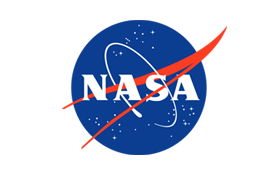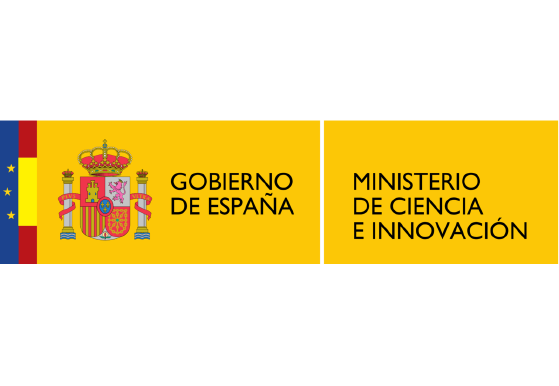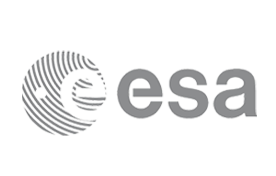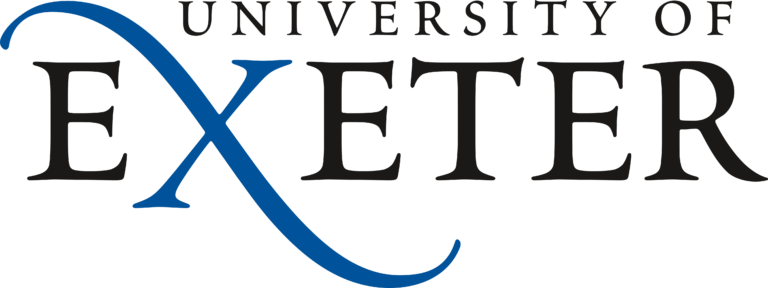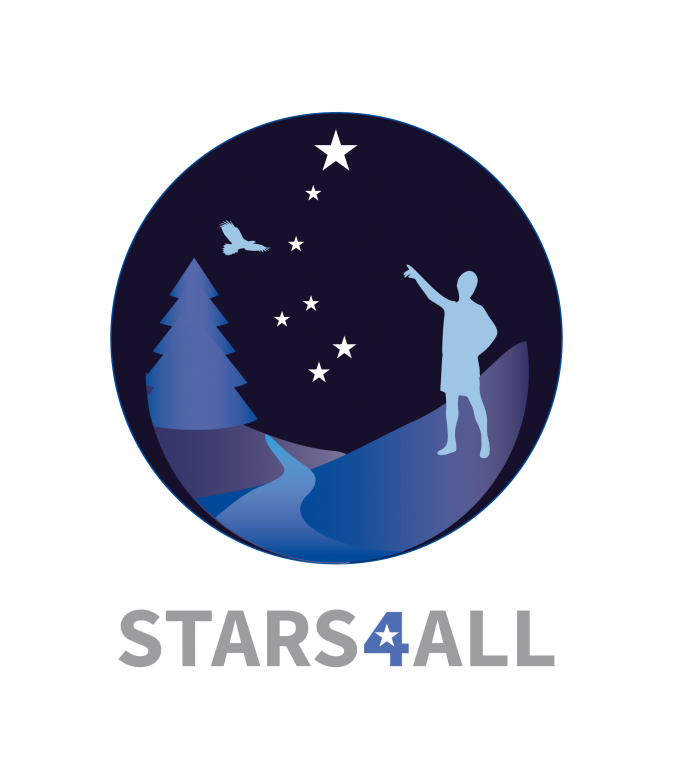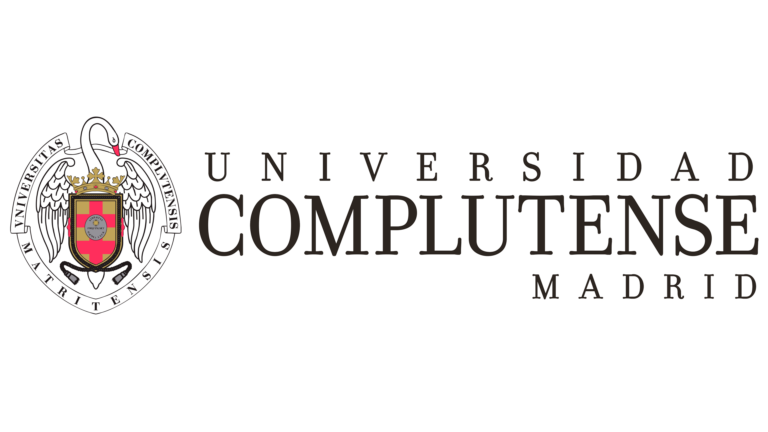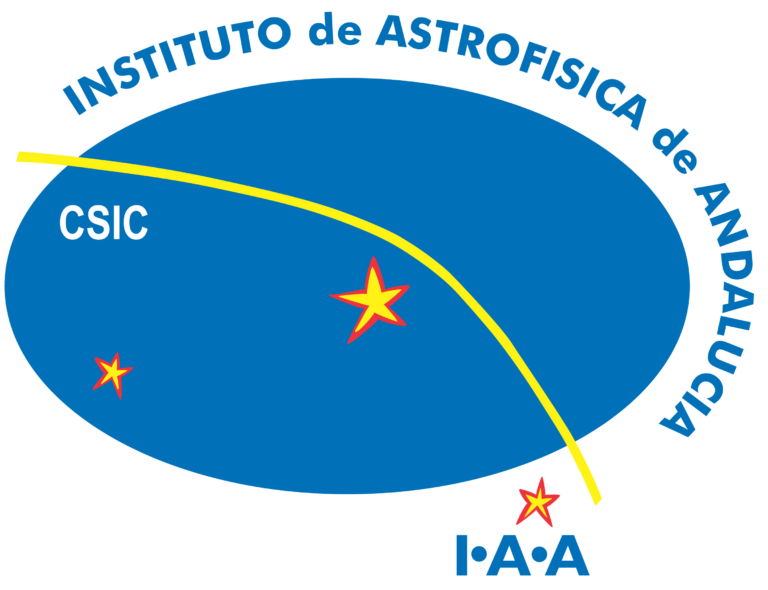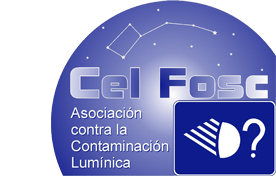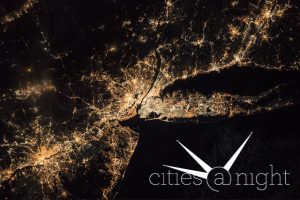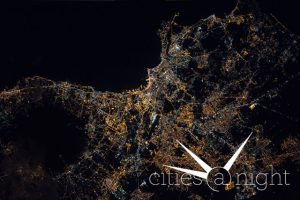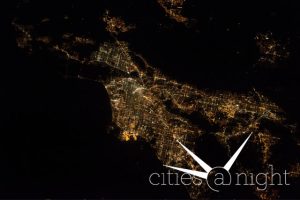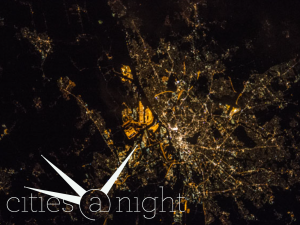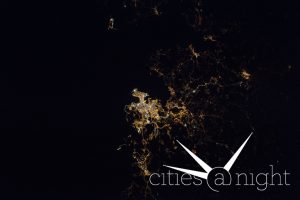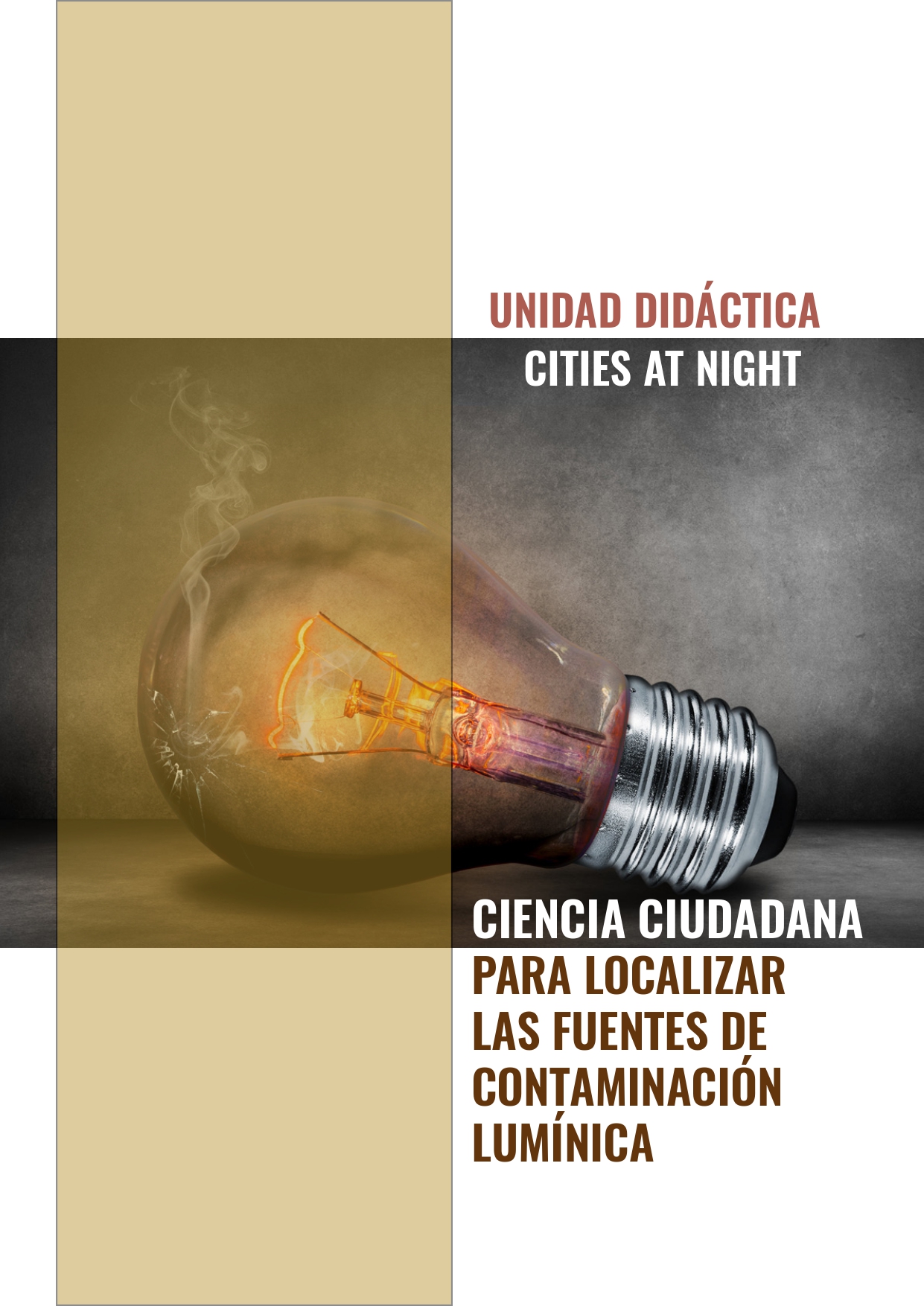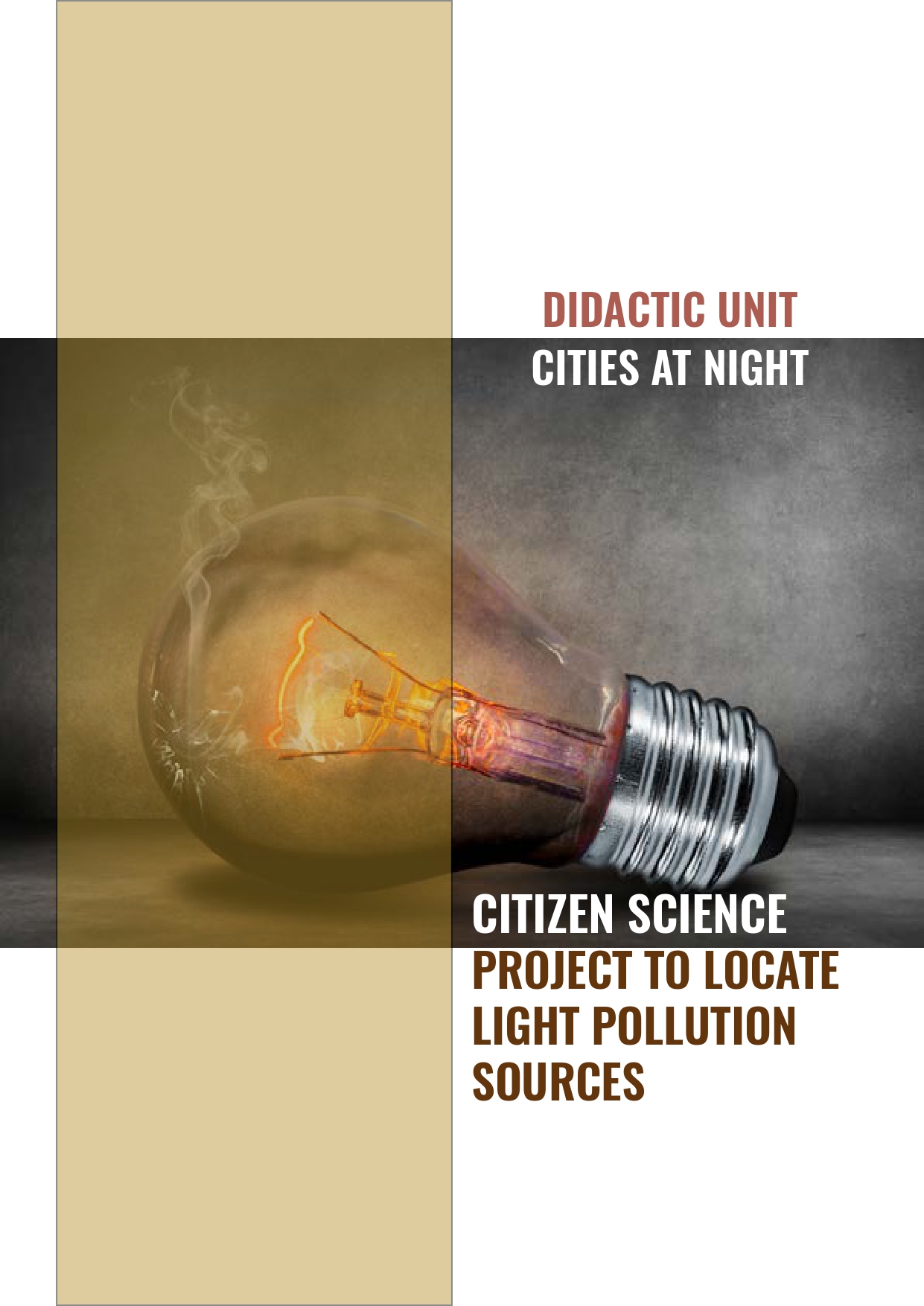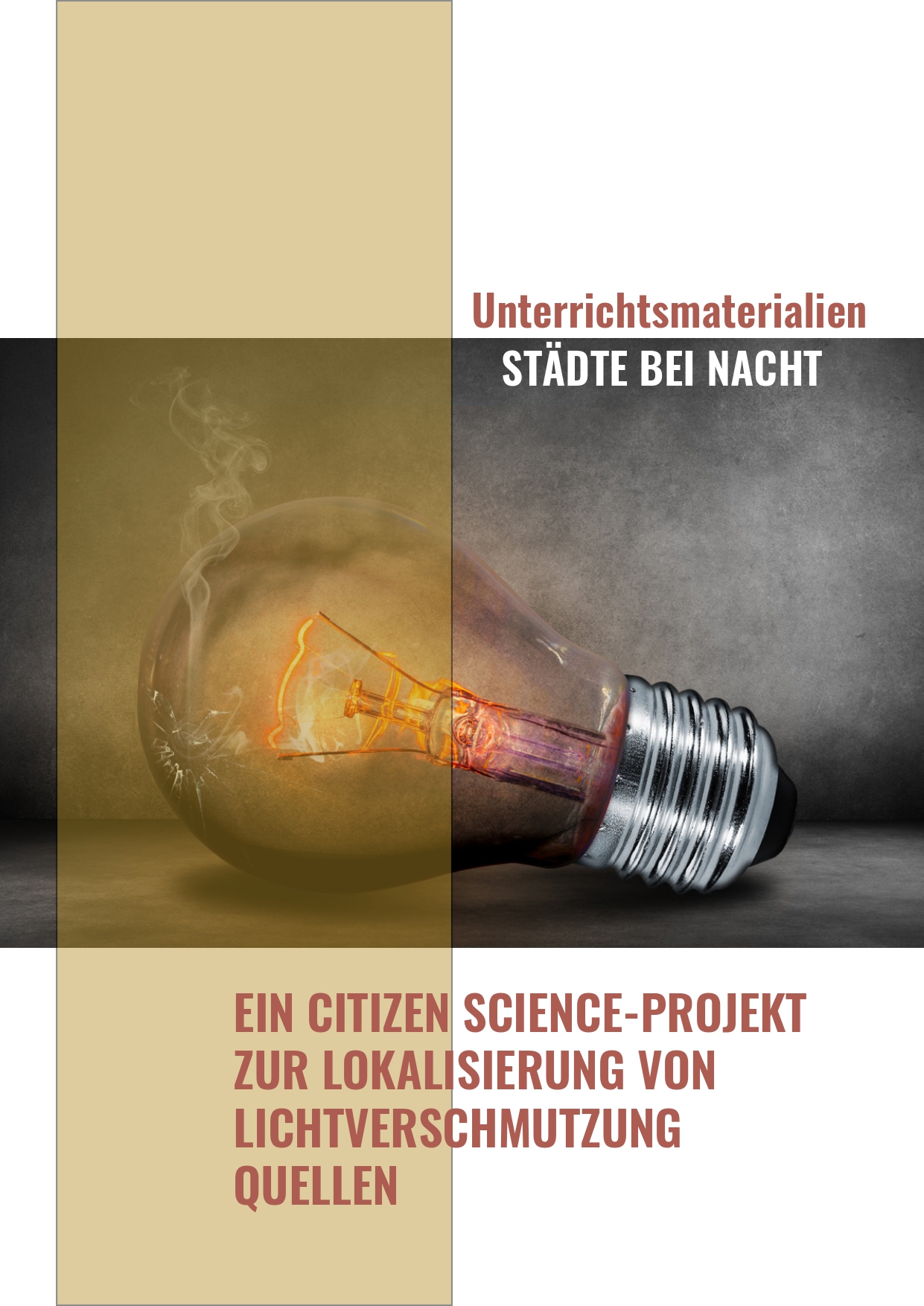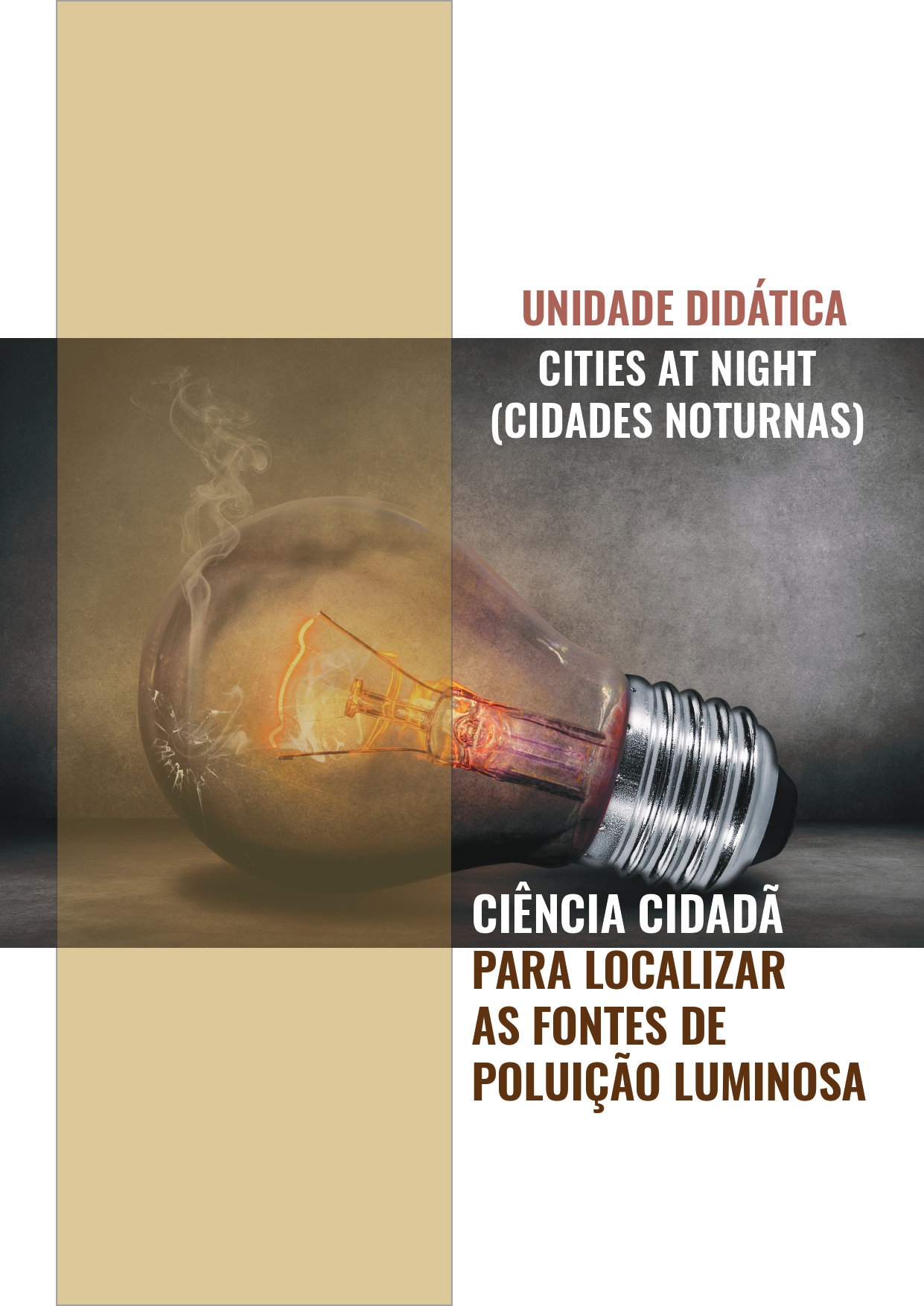Help Map Earth's Light Pollution from Space
Join the mission to classify images taken by astronauts aboard the ISS. Your contributions can help reduce light pollution and protect our night skies

All you need is a computer, a bit of curiosity, and a few minutes of your time.

Explore the images
Browse through amazing photographs of Earth taken from space at night.

Classify what you see
Help us identify cities, rural areas, or natural landscapes. Even small contributions make a big impact!

Submit your findings
Each image you classify brings us closer to mapping the world's light pollution accurately.
Your Contributions matter
Help researchers
better understand the impact of artificial lighting on the environment.
Contribute to science
without needing a background in astronomy or technology.
Discover new insights
about cities, landscapes, and remote areas as seen from space.
Cities at Night is a citizen science project where people like you can participate in classifying nighttime images of Earth taken from space. These images help us map light pollution across the globe, a growing problem that affects ecosystems, human health, and our view of the universe.
Numbers Speak For Themselves
Explore Earth’s Nighttime Wonders
Didactic Unit
This Didactic Unit reviews the basic lines of the Cities at Night project and highlights the potential of satellite images to locate sources of light pollution and follow its evolution over time.
This work has been made possible thanks to volunteers who wanted to bring the Cities at Night Didactic Unit into their own language. Can’t find your language? Would you like to help us?
Collaborators
Cities at Night is thanks to the work of many volunteers. But also of scientists and researchers who lead the project.
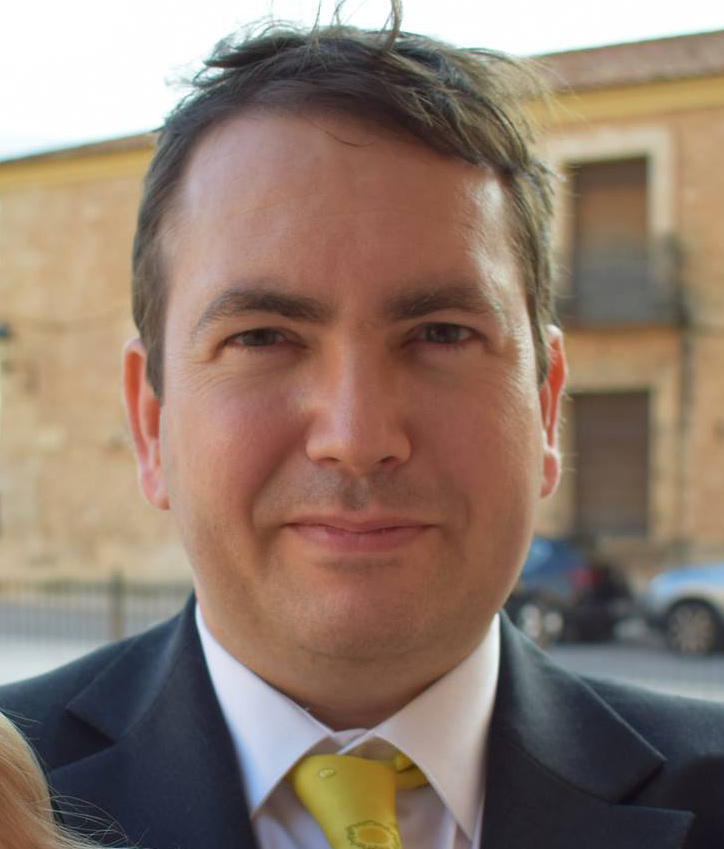
Alejandro Sánchez de Miguel
Team Leader. Complutense University of Madrid (UCM)
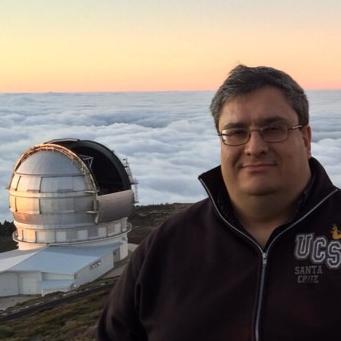
Jesús Gallego
Complutense University of Madrid
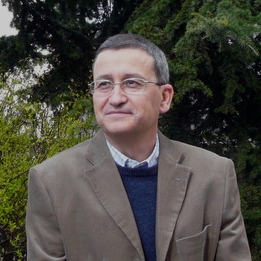
Jaime Zamorano
Professor at Complutense University of Madrid
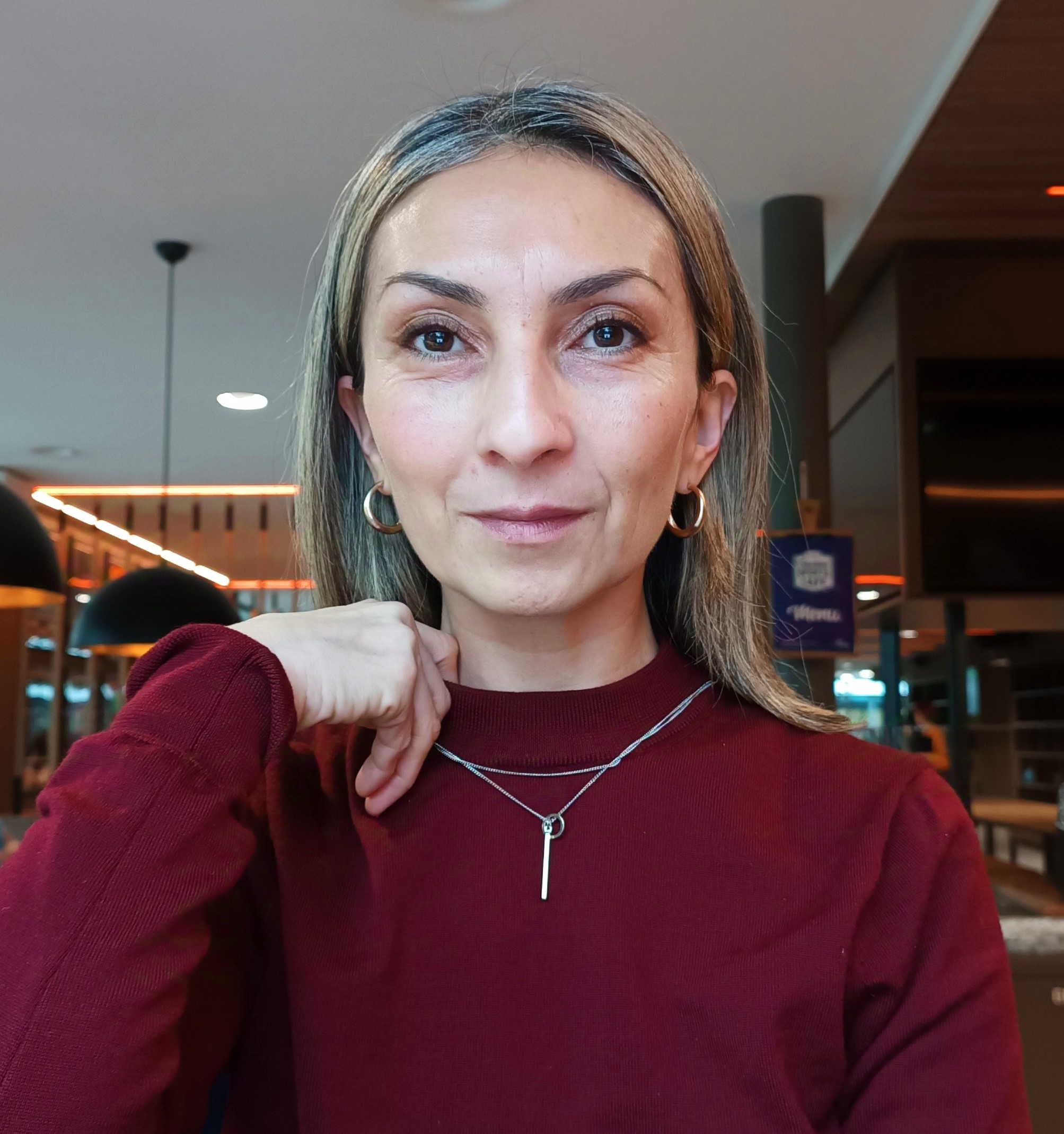
Pamela Cepeda
Project Coordinator

Hector Linares
Light Pollution researcher, Physics PhD

Lucía García
Outreach communication
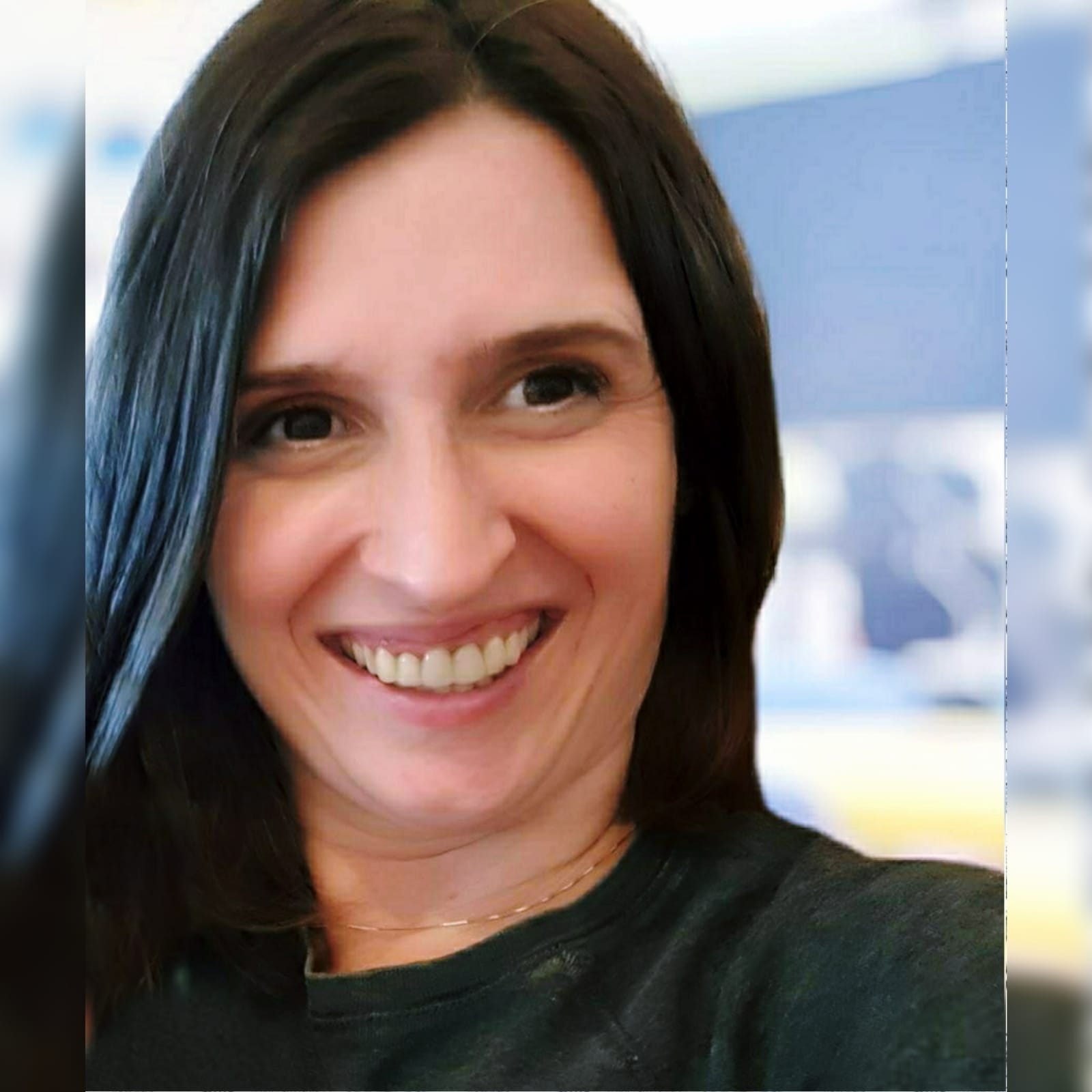
Emma Howards
Communication consultant
Last News

Recognition to Alejandro Sánchez de Miguel for his Outstanding Contributions in Data Applications of the SDGSAT-1 Satellite

Story data writes a great report on how light pollution in Barcelona (Spain) is growing
Our Partners
Cities at night has the collaboration of the Spanish Foundation for Science and Technology (FECYT) – Ministry of Science and Innovation, through its 2018 call for grants for the development of scientific, technological and innovation culture.
